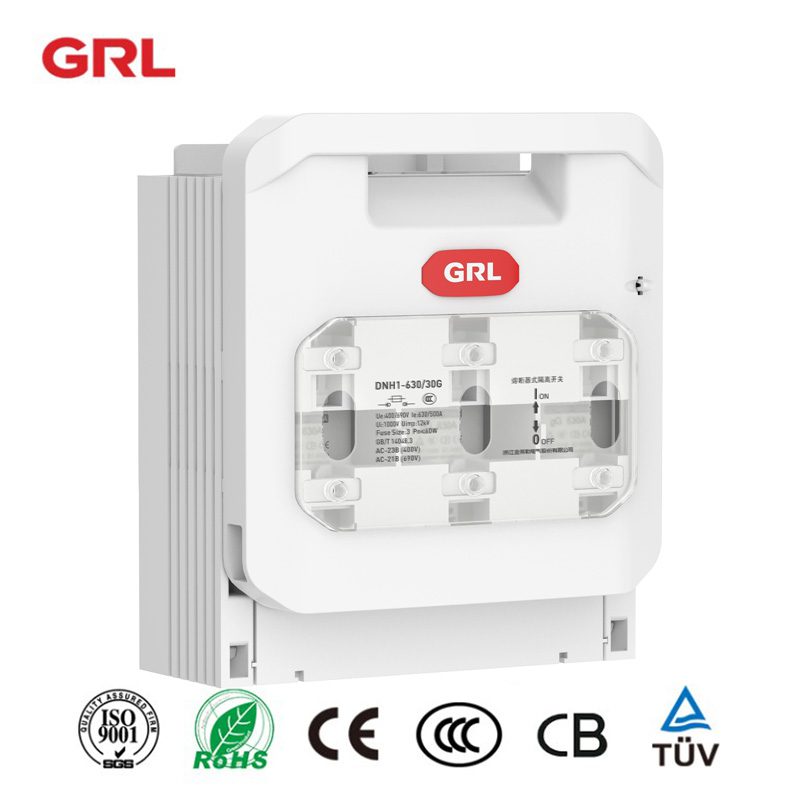
# Fuse Isolator: Essential Protection for Electrical Circuits
## What Is a Fuse Isolator?
A fuse isolator is a crucial component in electrical systems that combines the functions of a fuse and an isolator switch. It serves two primary purposes: providing overcurrent protection through the fuse and allowing safe isolation of circuits for maintenance or repair work.
## How Does a Fuse Isolator Work?
The device operates on a simple yet effective principle. When electrical current exceeds safe levels, the fuse element melts, breaking the circuit and preventing damage to equipment. The isolator function enables manual disconnection of the circuit, ensuring no current flows during servicing.
### Key Components:
– Fuse element (the protective component)
– Isolator mechanism (manual switch)
– Enclosure (for safety and protection)
– Terminals (for electrical connections)
## Benefits of Using Fuse Isolators
Fuse isolators offer several advantages for electrical installations:
– Enhanced safety for maintenance personnel
– Space-saving design (combines two functions in one unit)
– Cost-effective solution compared to separate components
– Reliable overcurrent protection
– Easy identification of blown fuses
## Common Applications
Fuse isolators find use in various electrical scenarios:
– Industrial control panels
– Commercial building electrical systems
– Machine tool installations
– Power distribution boards
– Renewable energy systems
## Choosing the Right Fuse Isolator
When selecting a fuse isolator, consider these factors:
– Current rating (must match circuit requirements)
– Voltage rating (should exceed system voltage)
– Breaking capacity (ability to interrupt fault currents)
– Physical size and mounting requirements
– Environmental conditions (indoor/outdoor use)
## Installation and Maintenance Tips
Keyword: Fuse Isolator
Proper installation and maintenance ensure optimal performance:
– Always de-energize circuits before installation
– Follow manufacturer’s torque specifications for connections
– Regularly inspect for signs of overheating or damage
– Replace fuses with identical ratings
– Test isolator function periodically
## Safety Considerations
Working with electrical components requires caution:
– Never bypass safety features
– Use appropriate personal protective equipment
– Follow lockout/tagout procedures
– Have qualified personnel perform installations
– Adhere to local electrical codes and regulations
Fuse isolators play a vital role in protecting electrical systems and personnel. Their dual functionality makes them an efficient solution for circuit protection and isolation needs. By understanding their operation and proper application, you can ensure safer and more reliable electrical installations.